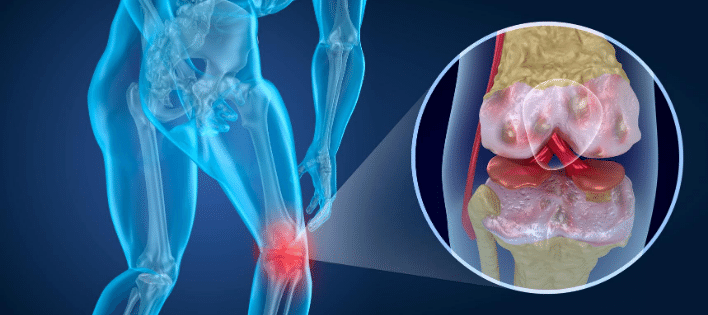Diagnosed with Arthritis
Even if you have been diagnosed with arthritis in general or any other forms such as rheumatoid arthritis or psoriatic arthritis, you do not automatically qualify for long-term disability. There are various steps that must be taken for you to present a solid claim for long-term disability benefits.
There are various types of arthritis, each of which impacts the body differently causing different types of impairments. It is important that you and your doctor ensure the type of arthritis you are suffering from is diagnosed using objective testing and you are being treated with the correct medications.
Arthritis symptoms can range from joint pain, stiffness, swelling, and fatigue. In some cases, arthritis can impact organ function and sight. Due to the painful and long-lasting symptoms of arthritis which decrease activity, many who have the disease, also experience depression and low self-esteem. One of the most debilitating symptoms of arthritis is chronic pain, which even when treated, can make it difficult to function in everyday activities and work.
Arthritis and Long-Term Disability Benefits in Ontario
Long-term disability claims are typically made close to two years after the onset of your disability. In order to be eligible for long-term disability, it is imperative that you demonstrate how your arthritis condition prevents you from working not only your job but any job you are reasonably trained to do by education, training, and experience.
Disability providers, however, often deny long-term disability claims by relying on exclusion clauses for pre-existing conditions, that the disabling symptoms are subjective, that arthritis only temporarily flares up and causes bouts of disability, or there is no objective testing to support an arthritis diagnosis or that your arthritic symptoms can be accommodated by your workplace.
Eligibility
You will need to review your disability policy for exclusions and subjective complaint limitations for your situation. You will also need to obtain the reports from health care providers that explain your restrictions and limitations, sets out the testing done to support an arthritis diagnosis, and explains reasons why you can’t perform some or all of the material and substantial duties of your job.
Proving a Claim for Long-Term Disability
In proving a claim for long-term disability for arthritis it is important that that you complete the objective testing organized by your doctor. Your doctor must assess the degree of your disability based on the types of activities you are able and not able to do, like standing for two hours, holding your hands up, lifting more than 10 pounds, walking upstairs, sitting for two hours or grasping objects, just to name a few.
Have your doctor document a progression of your symptoms from the onset of diagnosis to disability and ensure your doctor clearly lays out your restrictions and limitations as it relates to being able to meet your work tasks. You must be compliant with all required treatment unless the side effects are too problematic.
You should also document your daily experience with pain and any side effects you are experiencing from the medication you are taking.
If this seems to be overwhelming, it is and can be for anyone. Hiring a competent disability benefits lawyer will ensure that your application for long-term disability for arthritis and any conditions arising from your arthritis diagnosis is thorough and evidence-based. Help is available.















